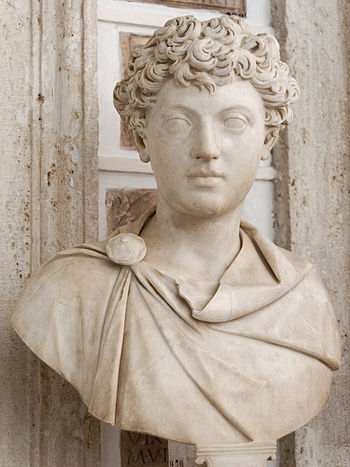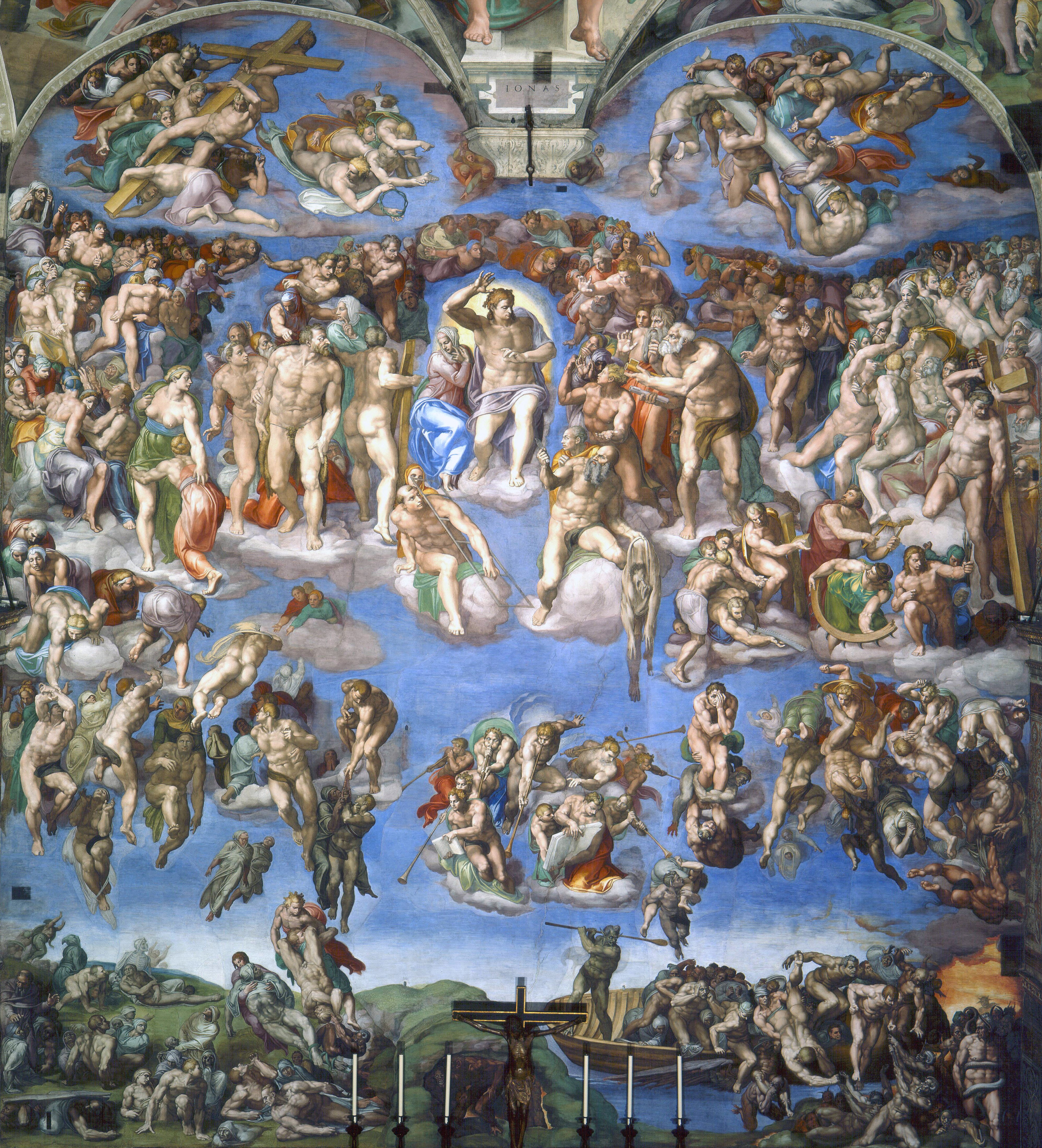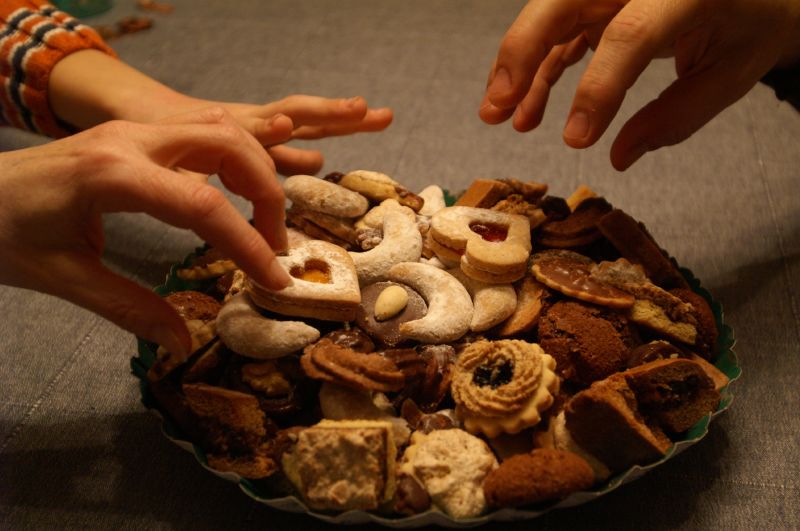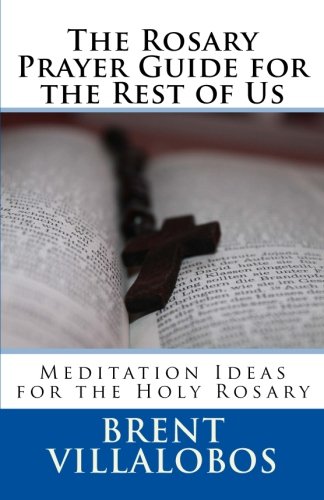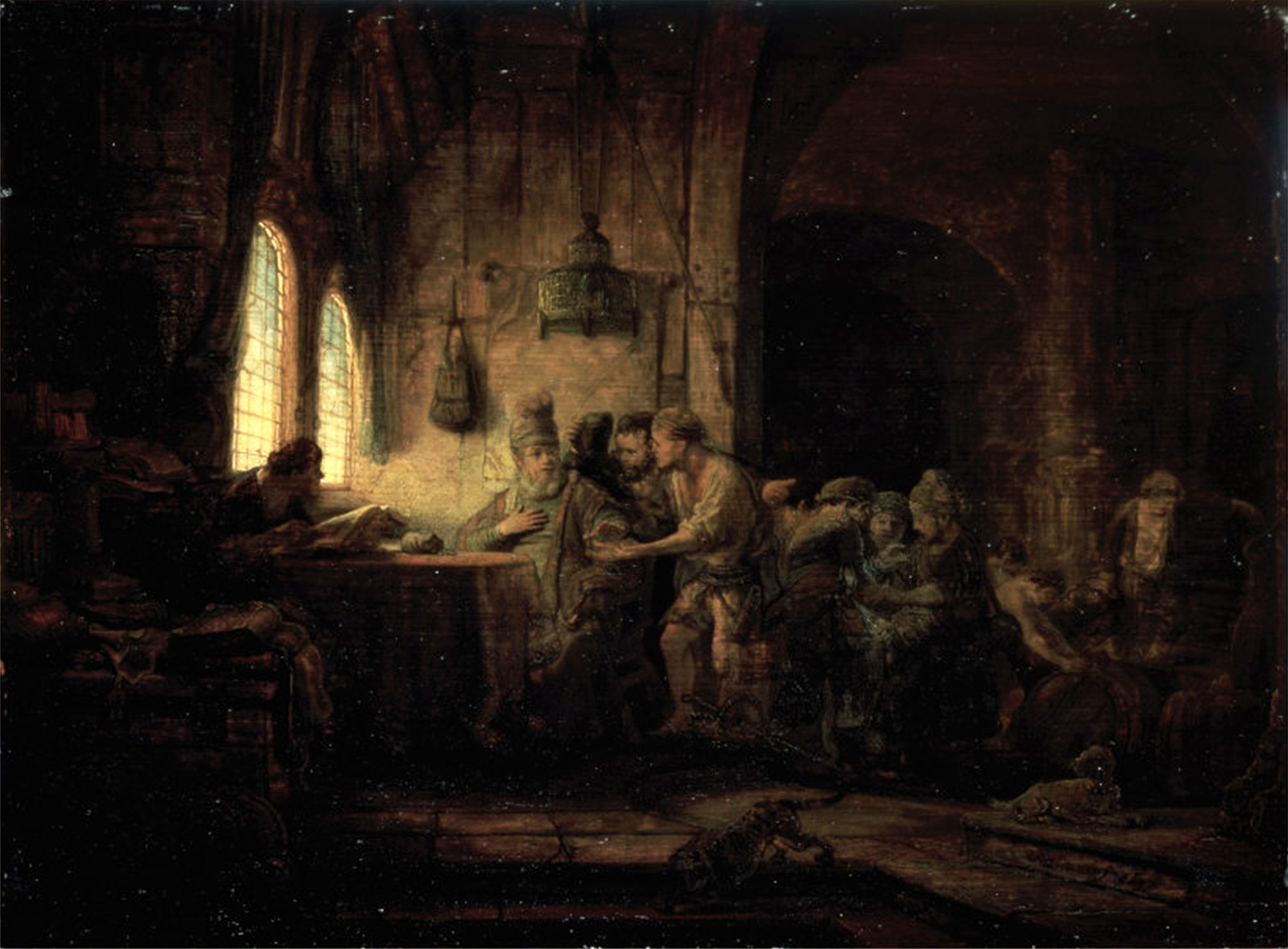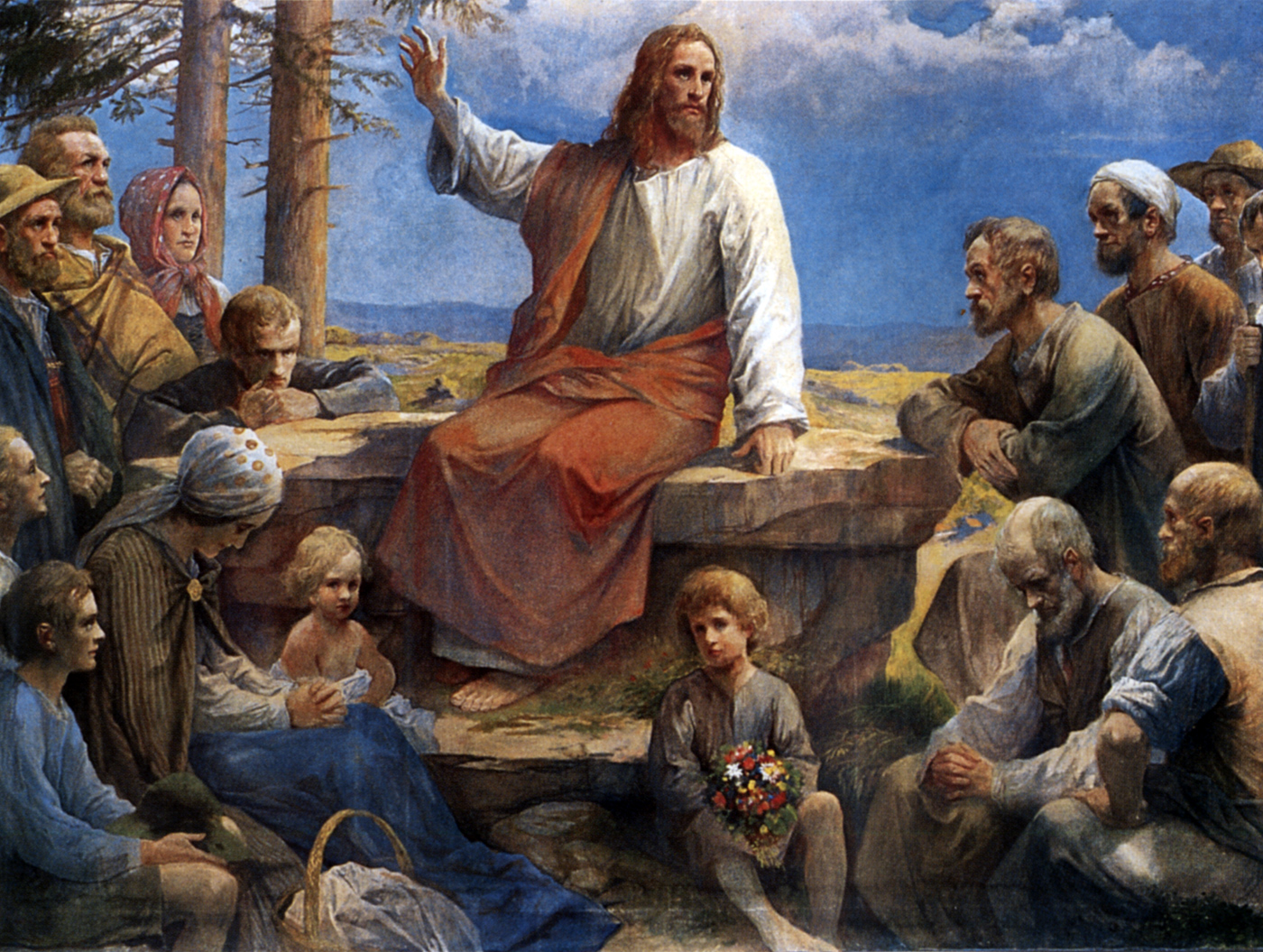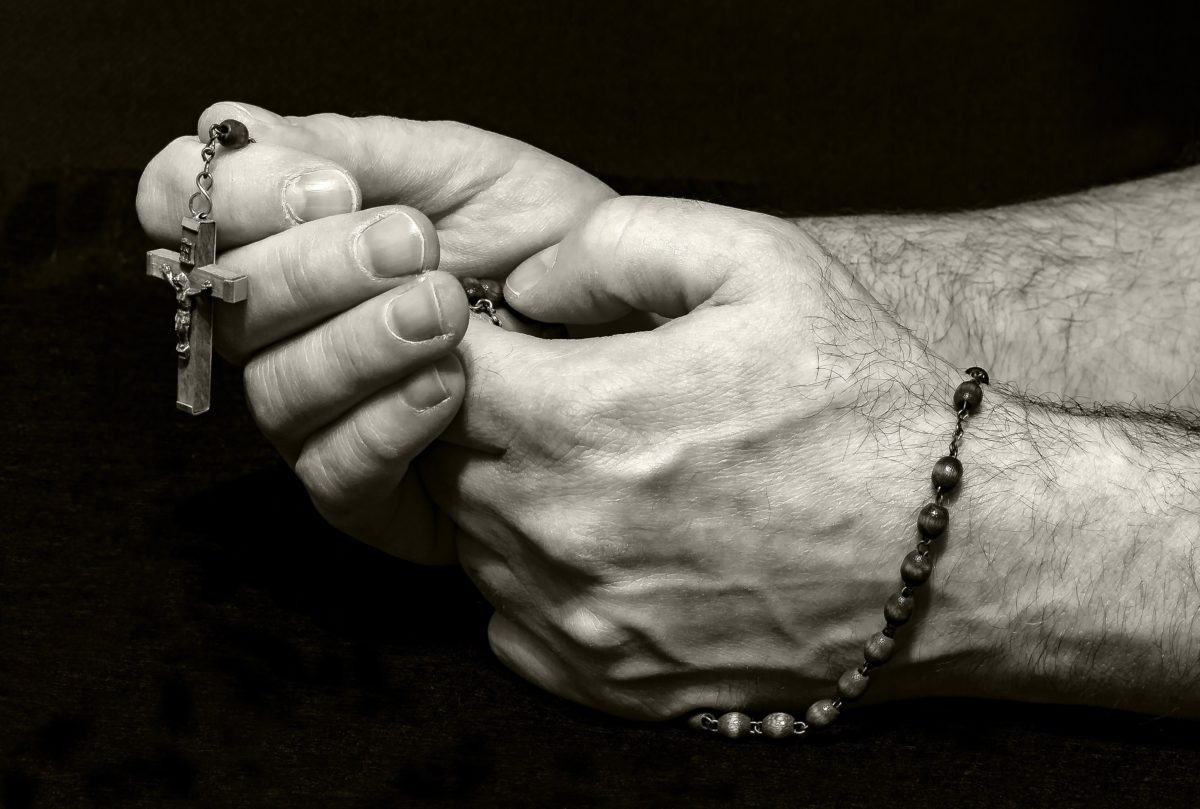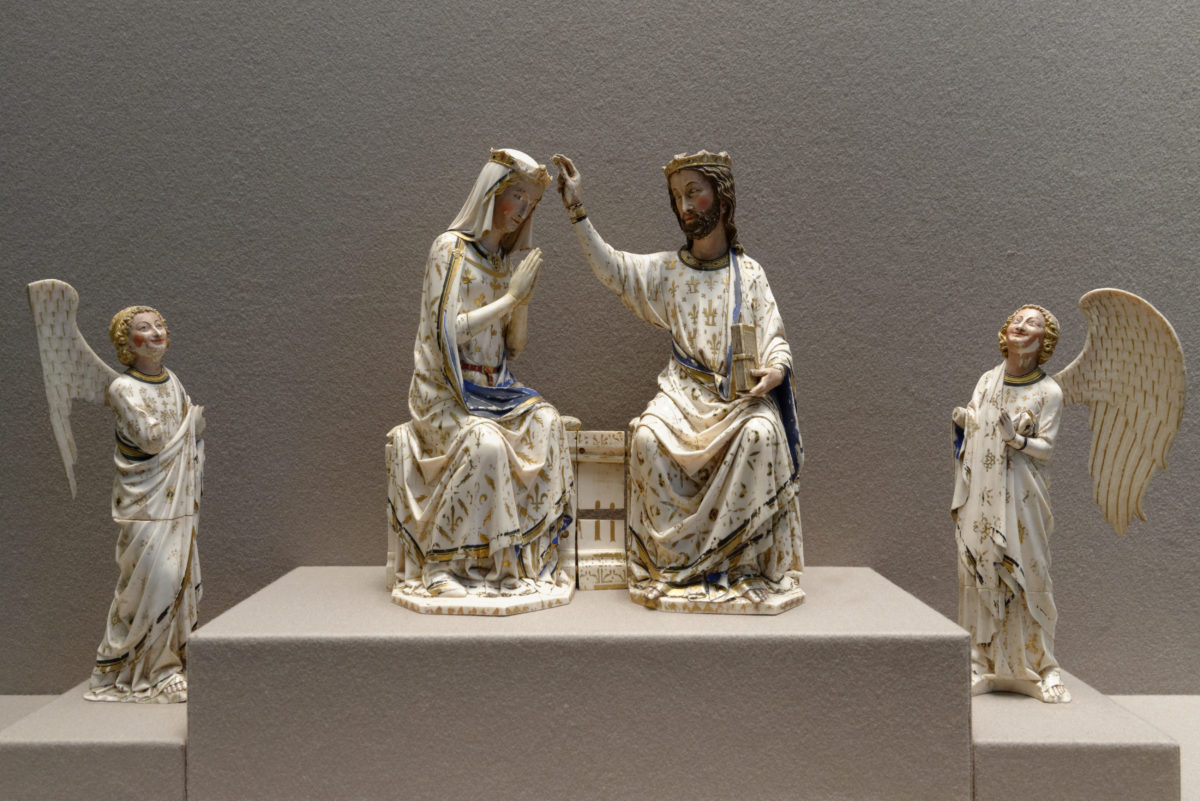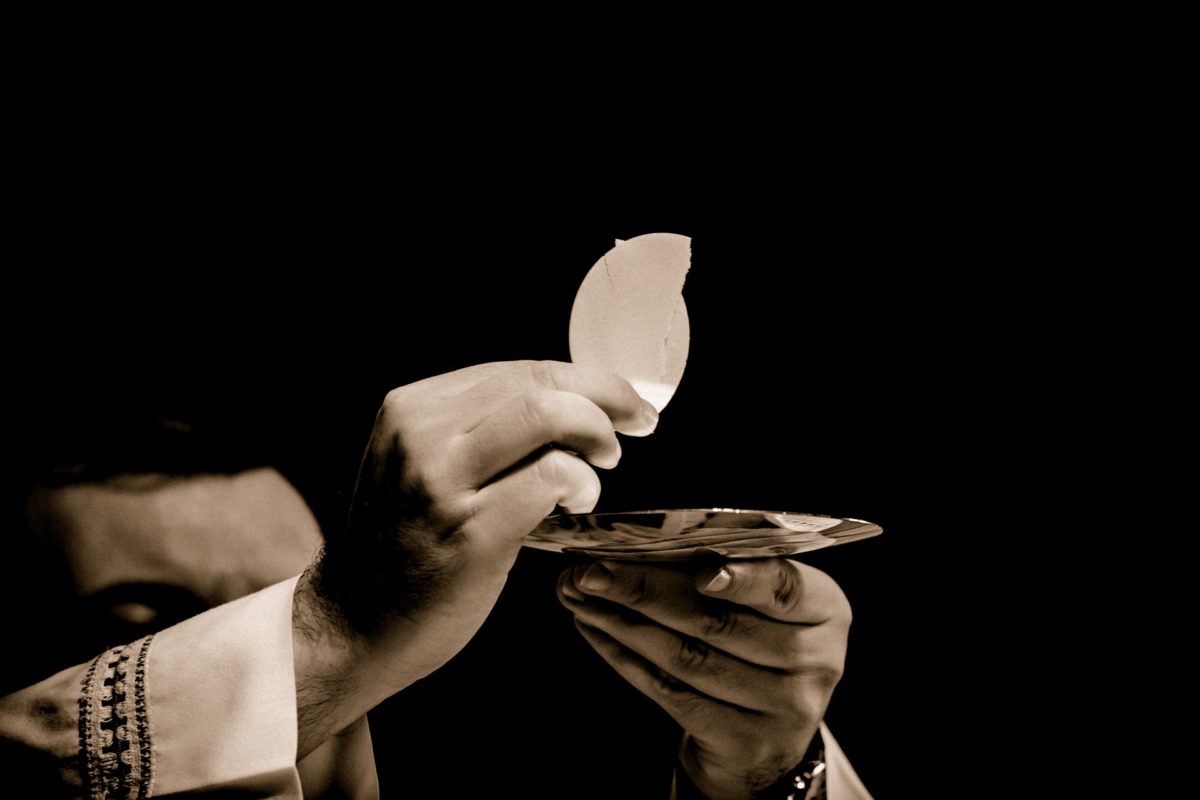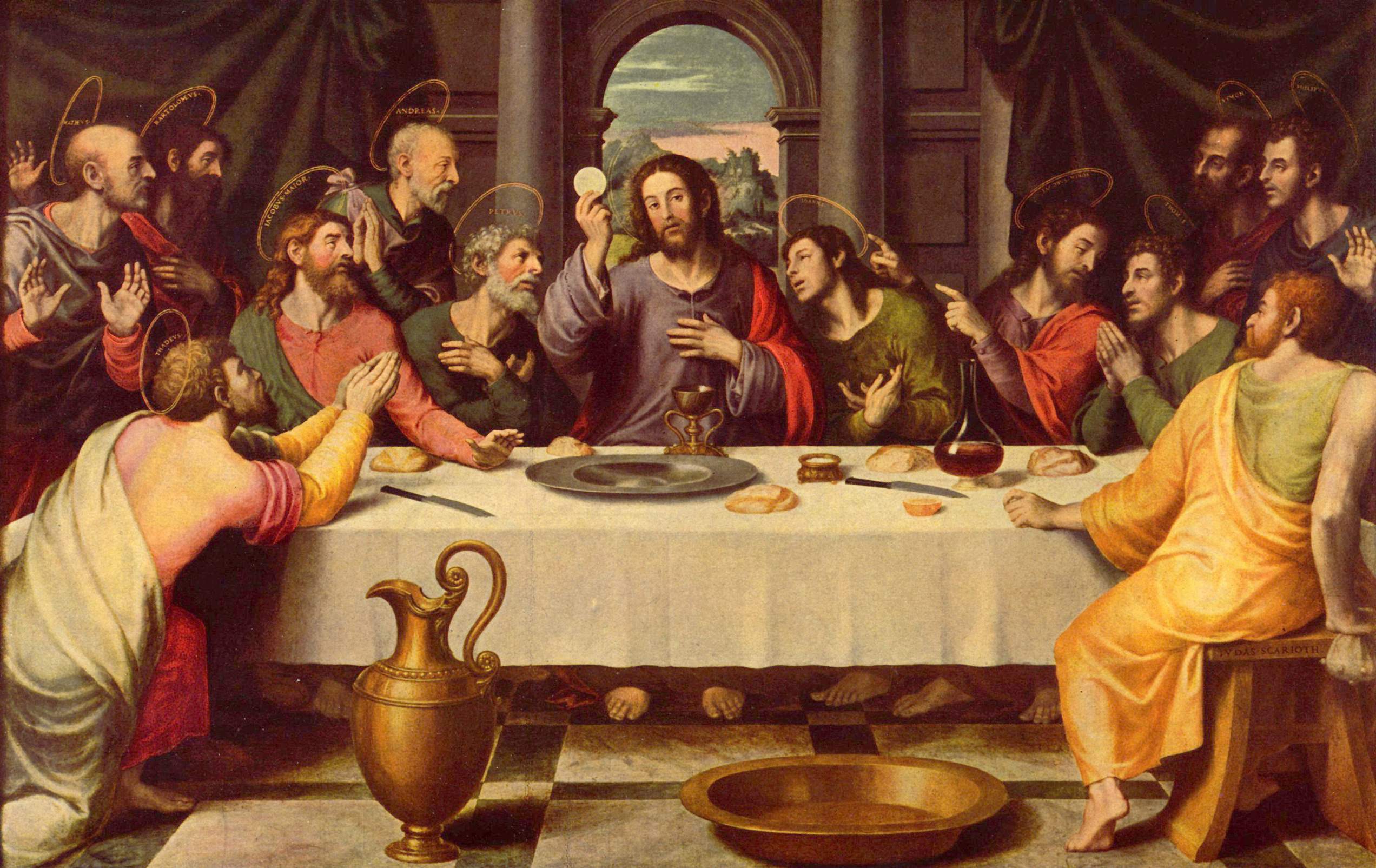Have you ever tried to explain a complex topic to a small child? How does a bird fly? How does a television work? Why does that factory produce so much smoke? Trying to explain these realities can be difficult to distill into something a child can understand. And often, despite our best efforts, they still come away with a wrong understanding. Last Sunday’s Gospel reveals how we often misunderstand God because we try to box Him into our limited understanding of the reality He created.
In the Gospel, Jesus talks to a Samaritan woman at a well where He talks about living water. She asks, “Sir, you do not even have a bucket and the cistern is deep; where then can you get this living water?” (John 4:11). She is taking Jesus’ words literally; that the living water is something that is down in the well and can be fetched. She doesn’t understand that Jesus is not talking about physical water you find in a well but the living water of the Holy Spirit.

We probably laugh at the woman’s naivete talking to Jesus. But are we really any different from her? We often take what the Church teaches and try to place it within the confines our physical reality. We want to know how exactly the Eucharist is transformed into Jesus’ Body and Blood. Where is our soul? What is it made of? Where is Heaven? What temperature is Hell? When will the Apocolypse take place? The questions that people have trying to define the physical realities of God are nearly endless.
For many, the lack of concrete answers that obey the laws of science and physics causes them to lose faith in the Catholic Church. Because the pieces don’t fit exactly like the steps of a mathematical proof, they reason that something must be wrong or at least incomplete about the Church. In a way, this attitude falls into the sin of pride. We think that God can only exist within the confines of space and time as we know it. Instead of realizing that we aren’t capable of fully understanding God, we tell ourselves that there must be something incomplete with Him and His Church.
The Rosary Connection
We can look at the Mary in the First Joyful Mystery of the Rosary where she asks, “How can this be?” upon learning that she will immaculately conceive a son. The initial reaction is one of surprise because God is not following the rules of science and human physiology. Likewise, when Mary’s story defies everything known about how conception works, Joseph tries to quietly divorce her. He takes the skeptical approach to what he does not understand while Mary takes the faithful approach when she said, “May it be done according to His Will.” Who are you more like, Mary or Joseph, when God acts in ways you cannot explain?

We can also see this theme of disbelief in the Third Luminous Mystery of the Rosary where Jesus proclaims the Kingdom of Heaven. Many people had a hard time believing Jesus because he was a carpenter’s son. They could not make Jesus’ teaching fit with their understanding of how God would manifest Himself as the Christ. Those with pride, such as the Pharisees, dismissed Jesus because He did not conform to their understanding of God’s law. Ironically, it was the poor, sick, and outcasts who showed the humility to believe in Jesus even if they couldn’t completely understand His true nature. Who are you? Are you dismissing Jesus’ presence in your life because He is someone you can’t fully explain and understand?
This Lent we should strive to take our faith seriously even when we don’t fully understand it. God, as the creator, is not limited to the confines of His creation. Therefore, God exists outside of our ability to understand Him. But instead of losing faith, we should work hard at showing patience and understanding in accepting God’s wisdom and divine plan even when the pieces don’t seem to add up.







